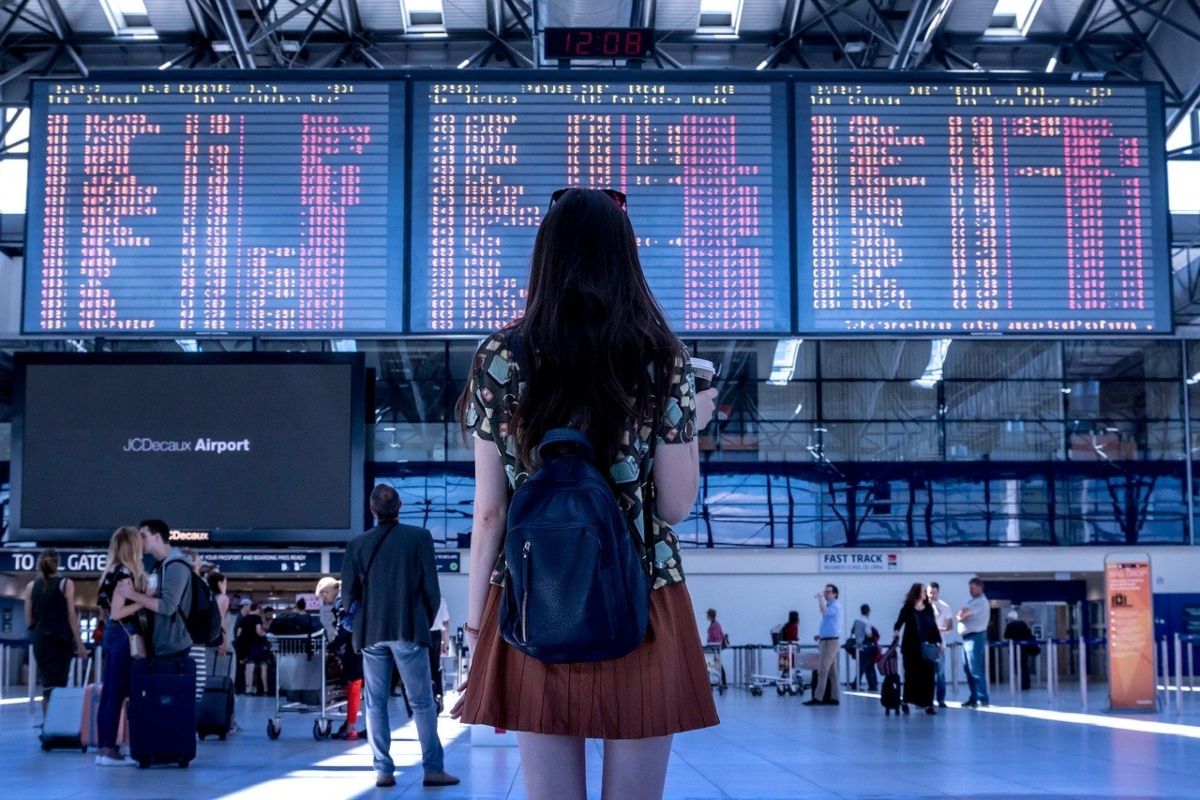New Delhi: The travel and tourism industry have been the most widely and badly affected by the coronavirus-induced lockdown and curbs in different parts of the country. With mobility restricted and fear of the virus looming large, less Indians were travelling for non-essential work for most part of the last year. But now with the second wave of the pandemic subsiding and people coming out, the most pertinent question for the travel industry is whether leisure travel will finally pick up pace? And if so, what will be the trends in the post-Covid world?
A survey by Thomas Cook India and SOTC Travel as part of their Third Holiday Readiness Report has found that people’s interest in travel has increased tremendously during the month with several expressing desire to start travel immediately to get over the period of relative immobility brought about by the pandemic. A significant 69 per cent of the respondents in the survey indicated keen interest to travel in 2021 post ease in restrictions — with 18 per cent ready to travel immediately post unlock and 51 per cent within the next 3-6 months.
Over 4,000 people surveyed
The Thomas Cook India and SOTC Travel surveyed over 4,000 customers across India’s Tier 1-3 cities to identify emerging consumer behaviours and trends that will drive travel preferences in the Covid era. The survey covered consumers of India’s top eight metros, mini metros like Pune and key Tier 2/3 markets such as Jaipur, Indore, Tiruchirappalli, Madurai, Nagpur, Surat, Baroda, Bhubaneswar, Lucknow, Chandigarh, Mysore, Coimbatore, Visakhapatnam, Guwahati, Patna, etc.
A look at the top 5 travel trends emerging in the post-Covid world:
Health & safety key factors
What has changed from pre-Covid period to now is that people are increasingly preferring travel choices that provide hygienic staying options coupled with best safety protocols. In the survey, 70 per cent respondents ranked health & safety as the key consideration while re-sanitation of rooms was selected by 52 per cent respondents as a key requirement. Majority or about 66 per cent of the respondents showed willingness to increase spends to ensure higher levels of health and safety on their holiday.
Refundable or zero cancellation products
Another interesting trend brought out by the survey is that a whopping 81 per cent respondents reiterated their need for refundable or zero cancellation products. With the uncertainty created by the virus, people want flexible products where cancellations would be allowed as a rule.
Options for both domestic and international travel
What is interesting is that travellers want options for both domestic and international travel in just about equal number of preferences expressed in the survey. Among the domestic destinations, Kashmir, Leh-Ladakh, Himachal, Andamans, Goa and Kerala have caught the fancy of the travellers, while Dubai-Abu Dhabi, Maldives, Mauritius, Thailand, Europe, etc remain hot travel destinations globally.
18% want to travel in a vaccinated group
Also, 35 per cent respondents chose holidays between 3 and 5 days; 52 per cent for 6-12 days; and 13 per cent for over 12 days. About 62 per cent respondents prefer to travel with family/friends; 20 per cent as couple/solo; and 18 per cent in a vaccinated group.
77% prefer expert guidance
Even with the pandemic still lurking, 77 per cent respondents continued to express strong preference for interaction with an expert for guidance/reassurance, 27 per cent opting to purchase holidays through retail outlets; 17 per cent for home service; 33 per cent preferred a contactless experience of a virtual store/video chat; and 23 per cent opted for bookings via website/app.
(With inputs from IANS)
